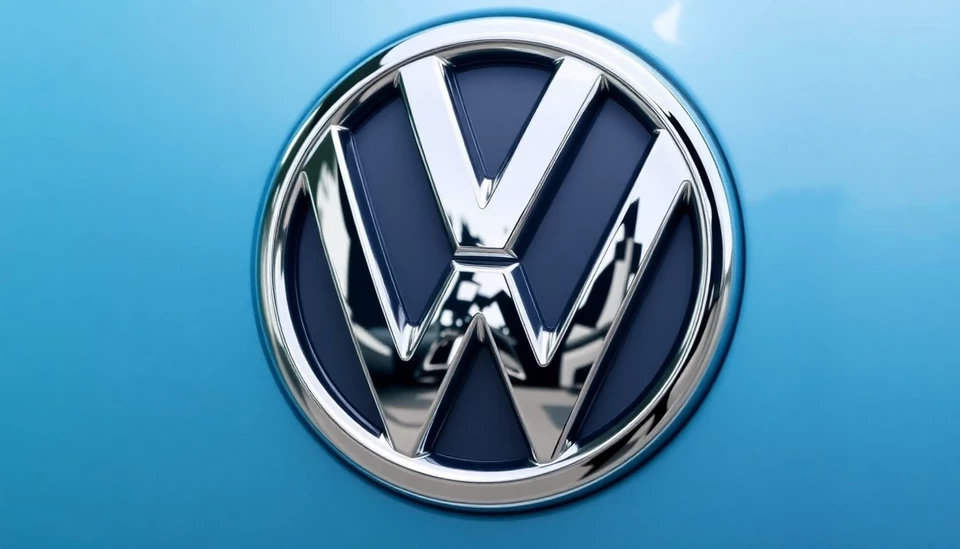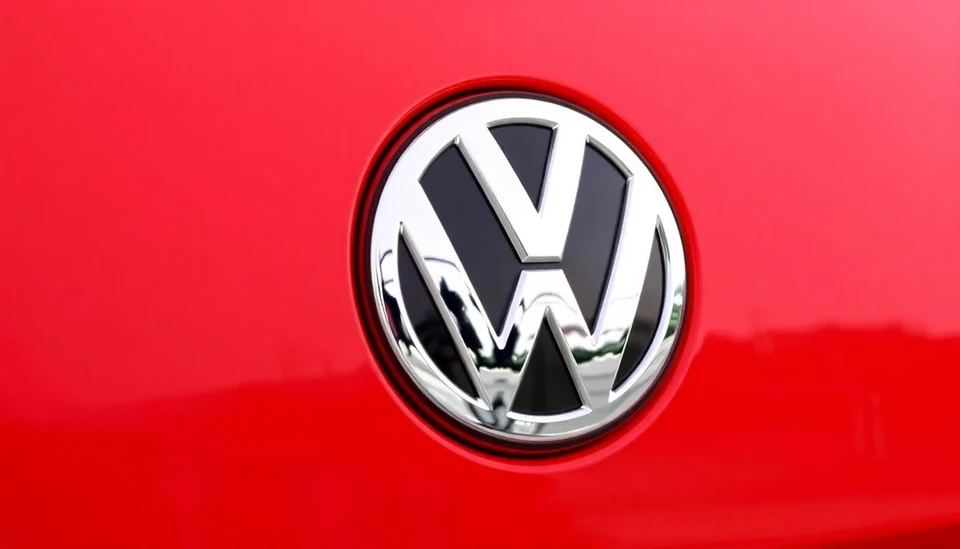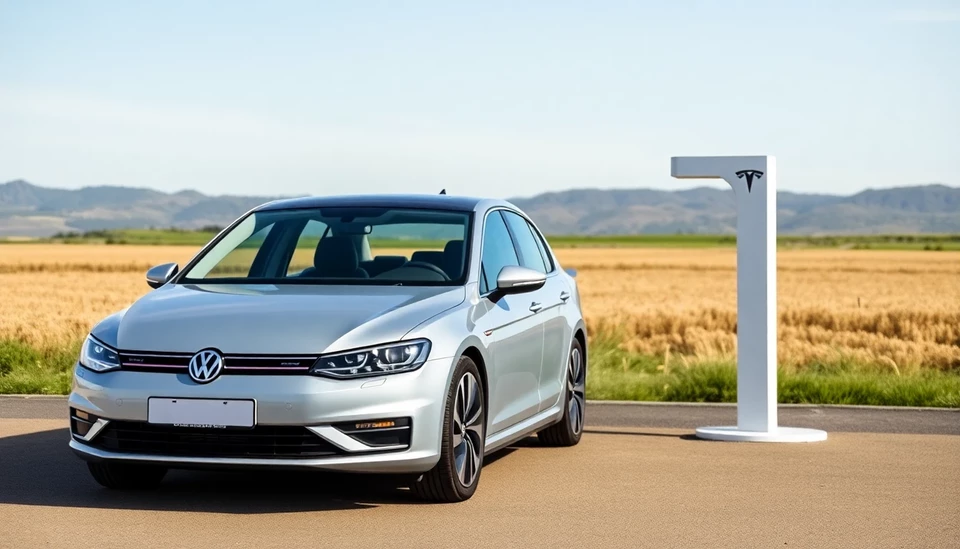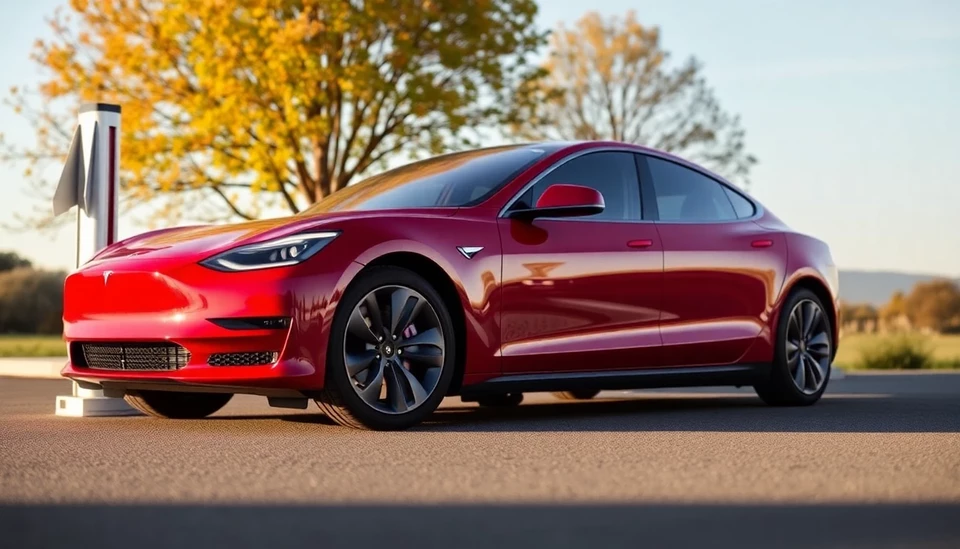
In a surprising revision of its financial expectations, Volkswagen AG has announced a significant reduction in its profit outlook, citing the far-reaching consequences of tariffs imposed during Donald Trump’s presidency. The German automobile giant, which has been grappling with a variety of challenges, is now adjusting its 2025 projections to reflect the evolving market conditions that have arisen from trade tensions.
Initially, Volkswagen had set ambitious profit goals aimed at positioning itself as a leader in the electric vehicle market, but recent developments have led the company to reassess this strategy. The impact of U.S. tariffs on imported vehicles and parts has particularly taken a toll, complicating the company’s supply chain and increasing production costs.
According to Volkswagen’s CEO, the tightening trade policies have forced the company to rethink its operational efficiencies and pricing strategies. The rising costs associated with tariffs, combined with increased competition from both traditional automakers and new entrants in the EV space, have created a more challenging landscape for Volkswagen.
As a result of these dynamics, Volkswagen has slashed its profit predictions, acknowledging that the external environment is less favorable than previously anticipated. This downturn reflects a broader trend in the auto industry, where manufacturers are feeling the strain of tariffs not only from the U.S. but also from other countries adopting similar trade measures.
Analysts have noted that the fallout from these tariffs extends beyond direct cost implications. Consumer sentiment and purchasing behavior are also shifting, leading to uncertainties in demand forecasts for both new and used vehicles. In response, Volkswagen is expected to enhance its focus on maximizing efficiency within its supply chain and exploring new avenues for cost reductions.
While the company aims to mitigate the adverse effects of these tariffs, the road ahead remains uncertain. Volkswagen is committed to maintaining its innovation trajectory; however, its ability to adapt in a rapidly changing marketplace will be crucial in maintaining competitive advantage.
Investors and industry watchers will be keenly monitoring Volkswagen's next steps and overall performance amidst these challenging conditions. The automotive sector is at a pivotal crossroads, one that may redefine the relationship between major manufacturers and governmental trade policies going forward.
As Volkswagen navigates these turbulent waters, its ability to recover and reposition itself as a market leader in electric vehicles will be vital. The company’s decisions in the coming months will likely set the tone for its future trajectory and impact on the global automotive industry.
In an era where economic indicators fluctuate rapidly, the Volkswagen story serves as a stark reminder of the interconnectedness of trade policies and business strategy. As the situation unfolds, all eyes will be on Volkswagen to see how effectively it can respond to the challenges presented by the evolving landscape.
#Volkswagen #ProfitOutlook #TrumpTariff #ElectricVehicles #AutoIndustry #MarketTrends #TradePolicies
Author: Victoria Adams




